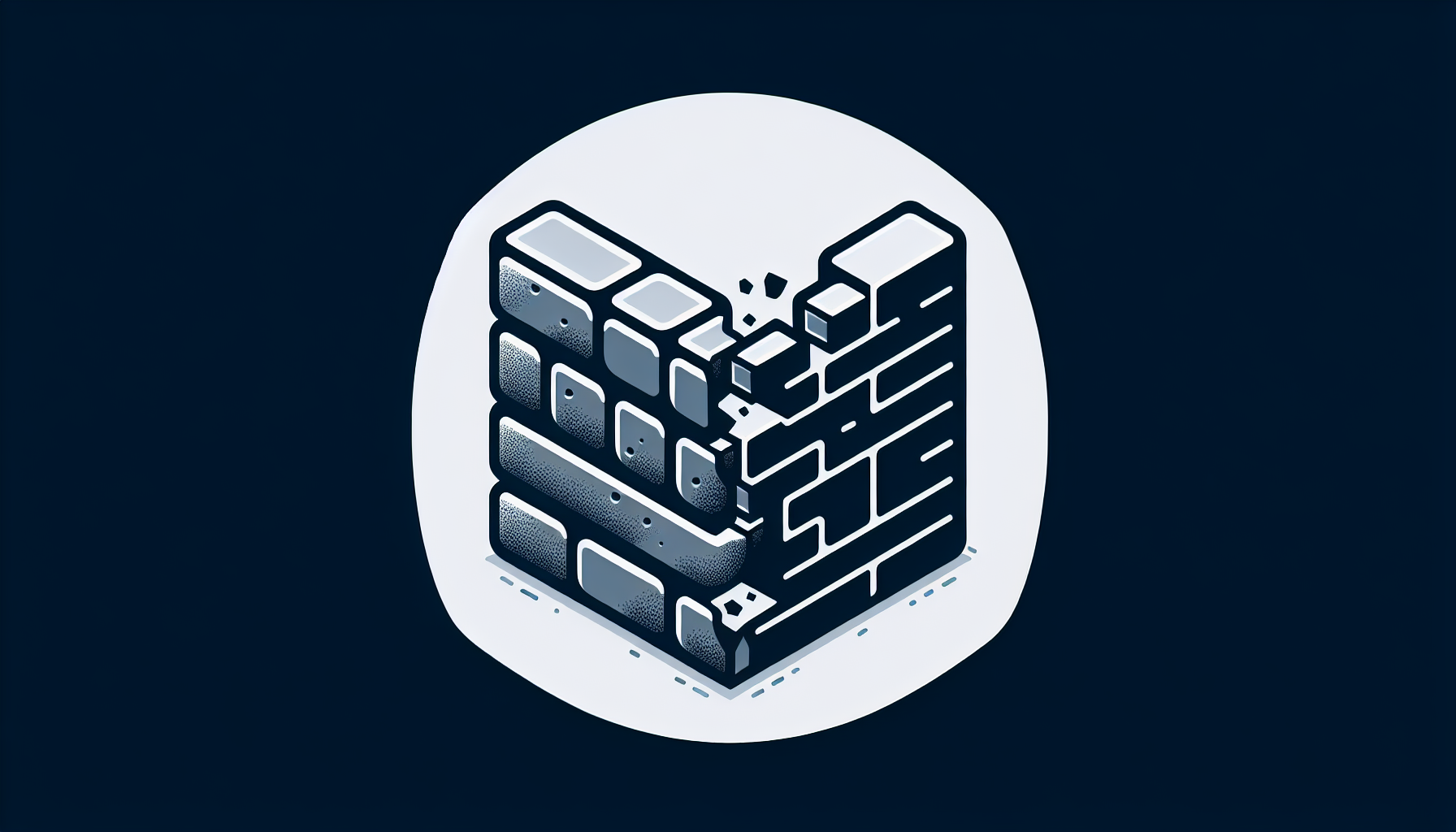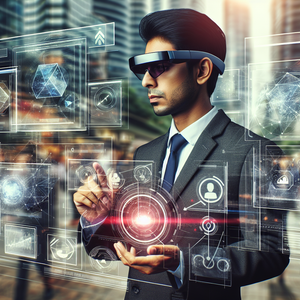The Quantum Leap to Everyday Life: Why Quantum Computing May Change Everything

To fully grasp the transformative nature of quantum computing, it is essential to understand how it differs from the classical computers we currently use. Classical computers process information in binary bits—1s and 0s. Quantum computers, however, use quantum bits or qubits that can exist in multiple states simultaneously due to the principles of quantum mechanics, such as superposition and entanglement. These unique properties allow quantum computers to perform complex computations exponentially faster than traditional systems. For example, a traditional computer might take years to solve a problem involving billions of variables, while a quantum computer could complete the same task in minutes or even seconds. While quantum computing is still in its infancy, with current systems only capable of limited practical applications, the potential for this technology is staggering. As quantum systems mature, their impact will ripple across industries—and eventually, into our day-to-day lives in ways that we are only beginning to imagine.
Revolutionizing Healthcare
One of the most profound ways quantum computing could change everyday life is through its impact on healthcare. Imagine a world where diseases like Alzheimer’s, cancer, or rare genetic conditions can be cured in a fraction of the time it takes today. Quantum computing could make this vision a reality by accelerating drug discovery and advancing personalized medicine. Currently, developing new medications is a slow, expensive process that involves years of trial and error. Quantum computers, however, are capable of simulating molecular interactions at an unprecedented level of detail, which could allow researchers to identify promising drug compounds in days rather than decades. Pharmaceutical giants like Roche and Merck are already investing in quantum algorithms to tackle complex biological processes, such as protein folding—a key factor in diseases like Parkinson’s. At the individual level, quantum computing could enable personalized medicine. Treatments could be tailored to a person’s unique genetic makeup, addressing conditions with a level of precision that is impossible with today’s generalized approaches. For the average person, this means quicker diagnoses, more effective treatments, and access to life-saving therapies that were previously out of reach.
Transforming Financial Decisions
Quantum computing is also set to revolutionize the financial industry, fundamentally altering how individuals save, invest, and manage money. Financial markets are governed by intricate systems influenced by countless variables—global economic trends, interest rates, consumer behavior, and much more. Traditional computing power struggles to model these complexities in real time, but quantum computing could overcome these limitations. For example, quantum algorithms could analyze millions of market scenarios simultaneously, optimizing investment portfolios with unprecedented accuracy. This would allow financial advisors and even personal finance apps to provide hyper-personalized recommendations, helping individuals maximize returns and minimize risks. Moreover, quantum-powered risk analysis could make insurance policies more accurate and equitable. By analyzing vast amounts of data, quantum computers could tailor insurance premiums to reflect a customer’s unique risk profile, ensuring fairer pricing. For the average person, this translates to smarter retirement planning, better loan terms, and real-time insights into spending habits—all powered by quantum-enhanced tools.
Streamlining Logistics and Everyday Convenience
The logistics and transportation sectors are another area where quantum computing promises significant impact, with benefits that will trickle down to consumers. Optimizing supply chains and delivery routes is an incredibly complex problem, but one that quantum computing is uniquely equipped to solve. Companies like FedEx and DHL are already exploring quantum technologies to streamline operations and reduce costs. For consumers, this could mean faster and cheaper deliveries, fewer shortages on store shelves, and more reliable access to essential goods. In urban areas, quantum computing could also revolutionize public transportation. By optimizing traffic flow and transit schedules in real time, quantum systems could reduce commute times, alleviate congestion, and make cities more efficient. Imagine a future where your morning commute is not only quicker but also more sustainable, thanks to quantum-optimized systems that reduce fuel consumption and emissions. From package deliveries to public transit, everyday convenience is set to improve dramatically.
Enhancing Cybersecurity for Peace of Mind
As quantum computing continues to advance, it also poses a unique challenge to current encryption methods, which form the backbone of internet security. Today’s encryption protocols rely on the difficulty of solving certain mathematical problems, a task that would take classical computers millions of years. However, quantum computers could potentially break these codes in mere seconds, posing a serious threat to online security. Fortunately, quantum technology is not just a threat—it also offers solutions. Quantum cryptography, for instance, uses the principles of quantum mechanics to create encryption methods that are virtually unbreakable. For the average person, this means more secure online banking, safer digital communication, and a reduced risk of identity theft. As quantum-resistant encryption becomes widespread, our digital interactions will become significantly more secure, providing peace of mind in an increasingly connected world.
Everyday Applications We Can’t Yet Imagine
Perhaps the most exciting aspect of quantum computing is the potential for unforeseen innovations. Just as the advent of classical computing led to breakthroughs like smartphones, GPS, and the internet—technologies that were unimaginable a century ago—quantum computing will likely give rise to transformative applications we can’t yet predict. One area of potential innovation is artificial intelligence (AI). Quantum computing could supercharge AI systems, enabling them to process and learn from data at a much faster rate. This could pave the way for smarter home devices, more accurate weather predictions, and even breakthroughs in climate modeling and renewable energy solutions. For the average person, these advancements could manifest in ways that simplify and enhance everyday life. Whether it’s through AI-powered personal assistants that anticipate your needs or more sustainable energy systems that lower utility bills, the possibilities are limitless.
Quantum computing is no longer a futuristic concept confined to the realm of science fiction. Its potential to revolutionize industries like healthcare, finance, logistics, and cybersecurity is becoming increasingly apparent. While much of this technology is still in its early stages, its eventual impact on everyday life will be profound. As quantum computing continues to mature, it will provide solutions to some of the world’s most complex challenges, transforming the way we live, work, and interact with technology. From personalized medicine and smarter financial tools to faster deliveries and stronger cybersecurity, this quantum leap promises to make life not only more convenient but also more secure and fulfilling. The quantum revolution is on the horizon—and it’s not just for scientists and tech giants. It’s a transformation that will touch us all, reshaping the fabric of everyday life in ways we can only begin to imagine. Now is the time to prepare for this new era of computing, as we stand on the brink of a technological leap that may change everything.
Quantum Algorithm Developer
IBM, Google, Microsoft, and Amazon Web Services (AWS)
Core Responsibilities
Design and optimize algorithms that leverage quantum principles like superposition and entanglement to solve complex computational problems.
Collaborate with physicists and computer scientists to develop quantum-enhanced solutions for industries such as finance, healthcare, and logistics.
Required Skills
Proficiency in quantum programming languages like Qiskit, Cirq, or Braket is essential.
Strong foundation in linear algebra and quantum mechanics.
Quantum Cryptography Engineer
D-Wave, Rigetti Computing, government agencies, and cybersecurity firms like Cisco or Palo Alto Networks
Core Responsibilities
Develop secure quantum-resistant encryption protocols to safeguard sensitive data against future threats posed by quantum computing.
Implement quantum key distribution (QKD) systems and integrate them into existing cybersecurity frameworks.
Required Skills
Expertise in cryptographic principles, quantum communication, and network security.
Knowledge of post-quantum cryptography standards is a plus.
Quantum Hardware Engineer
IBM, Honeywell, IonQ, and startups in quantum hardware innovation like Xanadu or PsiQuantum
Core Responsibilities
Design, build, and optimize quantum computing hardware, such as superconducting qubits or trapped-ion systems.
Work on improving scalability, error rates, and coherence times to advance quantum hardware reliability.
Required Skills
Background in electrical engineering, physics, or materials science.
Hands-on experience in cryogenics, nanofabrication, or RF systems.
Quantum Machine Learning Scientist
Google Quantum AI, NVIDIA, Baidu Research, and research-focused institutions
Core Responsibilities
Apply quantum computing techniques to enhance machine learning models, enabling faster training and greater predictive accuracy.
Research novel quantum algorithms for AI/ML applications, such as quantum neural networks or quantum-enhanced optimization.
Required Skills
Strong background in machine learning, quantum mechanics, and Python-based frameworks like TensorFlow or PyTorch.
Quantum Computing Research Scientist
Universities, national labs (e.g., Oak Ridge, Los Alamos), and R&D divisions of companies like IBM or Microsoft
Core Responsibilities
Conduct fundamental research in quantum information science, exploring new applications and advancing theoretical understanding of quantum systems.
Publish findings in academic journals and contribute to breakthroughs in fields like quantum simulation, error correction, or quantum chemistry.
Required Skills
Ph.D. in physics, mathematics, or computer science.
Expertise in quantum theory and numerical modeling.


